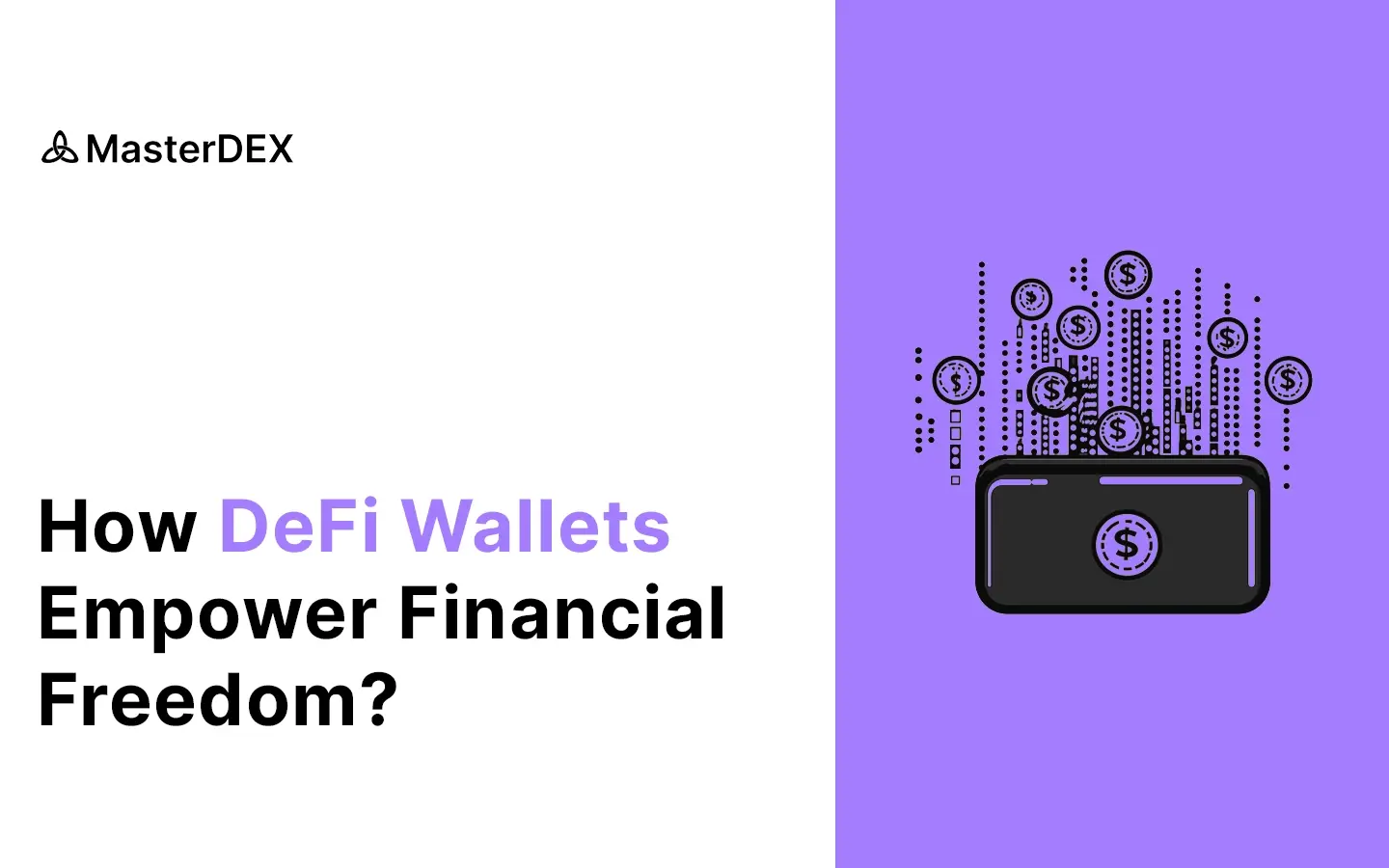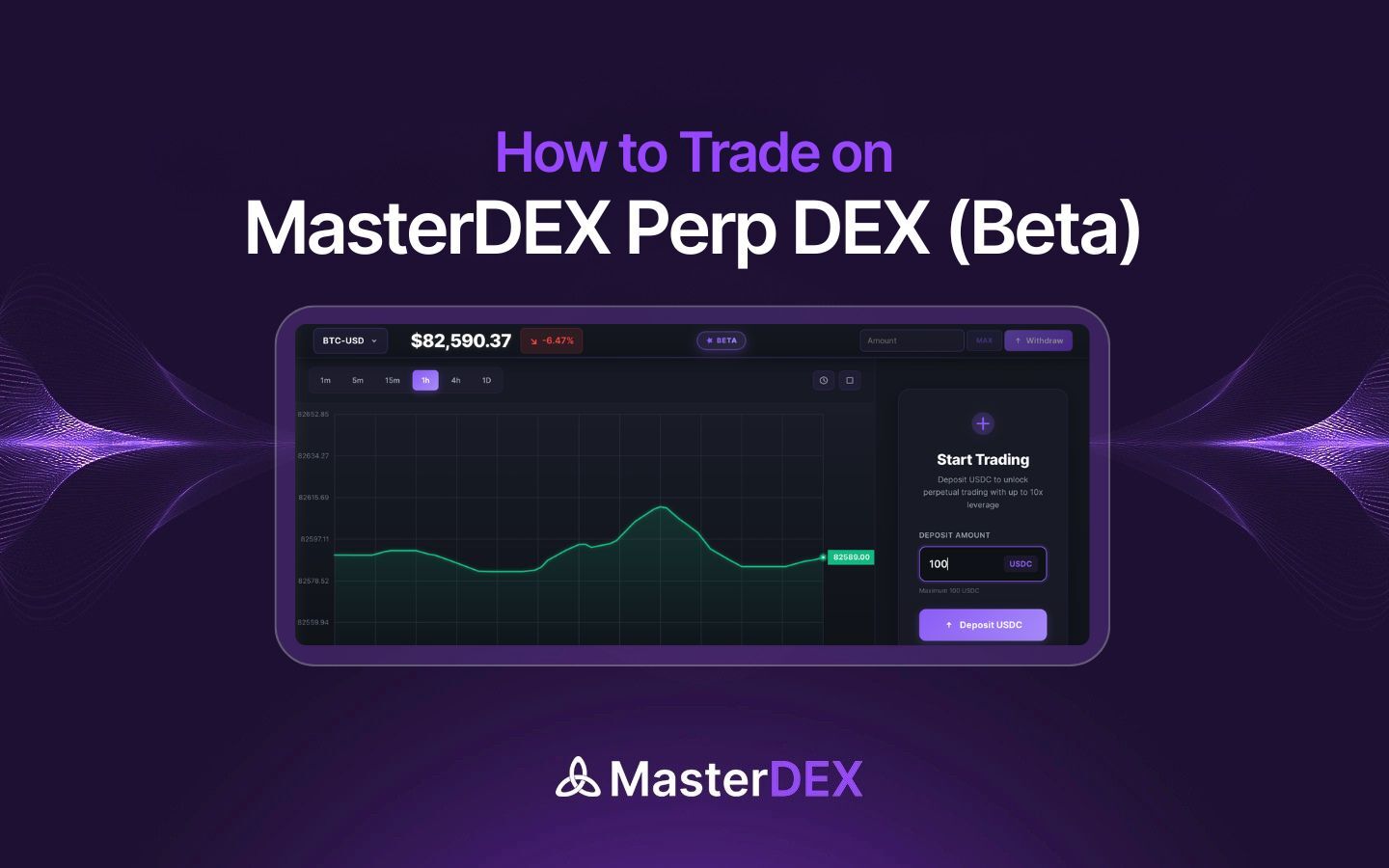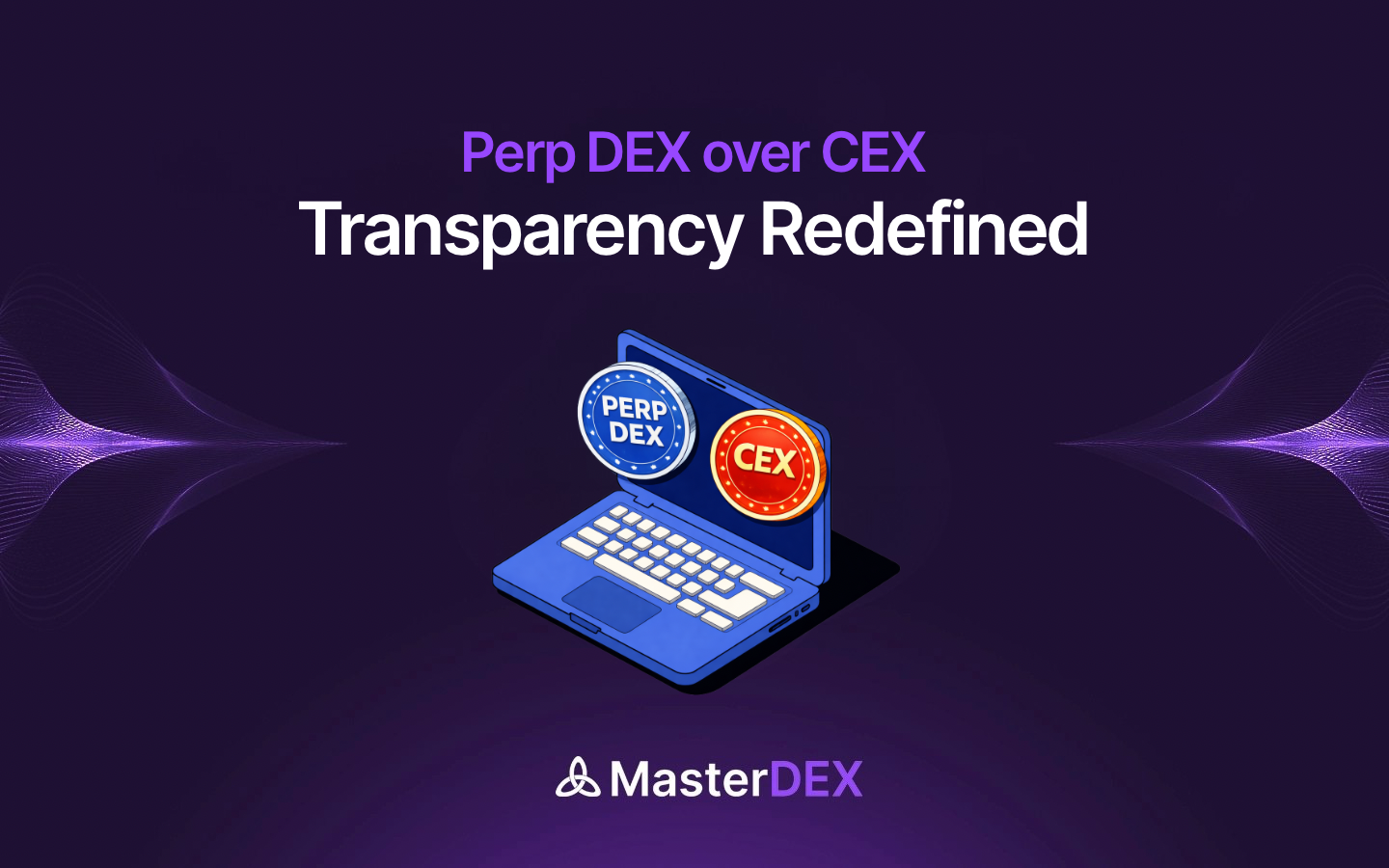Are you new to the world of decentralized finance (DeFi) and wondering what exactly DeFi wallet are? Look no further, as we break down everything you need to know about DeFi wallets, their functionalities, and why they are crucial for participating in the DeFi ecosystem.
Table of Contents:
Toggle
What is a DeFi Wallet?
The DeFi Wallet is a web-based cryptocurrency wallet designed to enable users worldwide to store and manage their digital assets at no cost. This wallet is both open-source (you can access the source code on GitHub) and non-custodial, ensuring users retain full control over their funds.
Key Features of a DeFi Wallet
Non-Custodial Control
A standout feature of a DeFi wallet is its non-custodial nature, giving users complete control over their assets. Unlike traditional or exchange-based wallets, DeFi wallets do not rely on third parties to hold private keys, eliminating the risk of funds being frozen or lost by an external entity.
Support for Multiple Assets
An ideal DeFi wallet should accommodate a wide range of cryptocurrencies, not just major tokens like Bitcoin or Ethereum. Supporting multiple coins and tokens allows users to manage diverse portfolios. Wallets such as MetaMask or Trust Wallet offer compatibility with thousands of tokens across various blockchains, making them versatile for different needs.
Seamless Integration with DeFi Protocols
A good DeFi wallet should provide easy access to platforms for lending, borrowing, staking, or trading without leaving the wallet interface. For instance, wallets like MetaMask and Argent integrate directly with DeFi protocols like Uniswap or Aave, simplifying the user experience.
Robust Security Features
Top-tier wallets include features like two-factor authentication (2FA), encryption, and biometric logins for enhanced security. Additionally, recovery phrases (usually 12 or 24 words) allow users to restore wallet access if their device is lost or stolen.
User-Friendly Design
Despite the complexities of DeFi, a quality wallet ensures ease of use, even for beginners. Intuitive interfaces help users send and receive assets, monitor balances, and interact with DeFi platforms without confusion.
Cross-Platform Accessibility
A reliable DeFi wallet should be accessible across both mobile and desktop platforms, ensuring users can manage their funds conveniently, wherever they are.
Types of DeFi Wallets
Hot Wallets vs Cold Wallets: A Comparative Overview
Hot Wallets
In the decentralized finance (DeFi) space, hot wallets operate via software and remain connected to the internet, making them ideal for users seeking quick and easy access to their funds. Known for their user-friendly interfaces, hot wallets facilitate seamless interaction with decentralized applications (dApps), making them an excellent choice for daily transactions.
Popular types of hot wallets include:
- Browser Extensions: Examples include MetaMask and Coinbase Wallet.
- Mobile Apps: Examples include Trust Wallet and Argent.
While hot wallets offer convenience and are widely used for active trading, their constant internet connectivity makes them more susceptible to online threats. To mitigate risks, users should adopt strong security practices and remain vigilant against phishing scams.
Cold Wallets
Besides hot wallets, we have cold wallets, also known as hardware wallets, which are best if the security of our digital assets is what bothers us.
Hardware wallets are physical devices designed to store your private keys securely offline. By keeping your keys offline, they eliminate the risk of hackers gaining access to your assets, making them a top choice for those prioritizing security. Reputable brands like Ledger and Trezor are widely recognized for offering strong security features in their hardware wallets.
When selecting a DeFi wallet, it’s important to find the right balance between convenience and security. Think about how often you conduct transactions and the overall value of your holdings. The ideal DeFi wallet is one that aligns with your unique needs, allowing you to manage your assets safely and effortlessly.
DeFi Wallet Security Tips: Safeguarding Digital Assets
Protecting your cryptocurrency holdings is crucial when using DeFi wallets. By implementing smart security measures, you can significantly lower the risk of losing access to your funds. Here are some key practices to keep your DeFi wallet secure:
Secure Your Seed Phrase
Your seed phrase acts as a backup for your wallet and private key. Therefore it is always recommended to store it safely in multiple offline locationsAvoid saving it digitally or sharing it with anyone to prevent unauthorized access or theft of your assets.
Strengthen Device Security
The device you use to access your wallet plays a vital role in security. Keep your operating system and apps updated to fix vulnerabilities. Be cautious when installing new software or extensions, as some may carry malware. Additionally, avoid public Wi-Fi networks and untrusted connections to safeguard your sensitive information.
Evaluate Smart Contracts
Before using any DeFi protocol, carefully review the associated smart contracts. Poorly written or malicious code can lead to fund loss. Tools like the De.Fi smart contract audit scanner can help assess the security of a contract before engaging with it, ensuring a more secure DeFi experience.
Watch Out for Phishing Scams
Phishing attempts often involve fake websites designed to steal your wallet credentials. Always double-check website URLs and avoid clicking on unknown links. Verify that you’re on the official platform before entering your wallet information.
Manage Wallet Permissions
Regularly review the permissions granted to your wallet. DeFi protocols sometimes require permissions for specific actions, such as transferring funds. Use tools like De.Fi Shield to monitor and revoke unnecessary permissions, reducing potential risks.
Use a Hardware Wallet
Enhance your security by integrating a hardware wallet, such as Ledger or Trezor. These devices store private keys offline and require physical confirmation for transactions, providing robust protection against online threats. Hardware wallets are particularly useful when interacting with DeFi platforms.
By following these tips, you can confidently navigate the DeFi space while keeping your digital assets safe from potential threats.
If the DeFi ecosystem excites you, check out MasterDEX for seamless trading now!
Are DeFi Wallets Legitimate?
Concerns about DeFi wallet legitimacy are common, but they are an integral part of the DeFi ecosystem. They provide self-custody of assets, direct access to dApps, and are often open-source, ensuring transparency and security. However, their safety depends on selecting a reputable wallet provider and safeguarding your private keys.
By prioritizing these features and exercising caution, DeFi wallets can offer a secure and efficient way to participate in the decentralized finance revolution.
The Bottom Lines
DeFi wallets are more than just tools for managing digital assets—they represent a gateway to financial empowerment, autonomy, and innovation. By providing users with full control over their funds and direct access to the growing DeFi ecosystem, these wallets enable a new era of financial inclusion where anyone, anywhere, can participate.
However, with great freedom comes responsibility. Safeguarding your private keys, staying informed about potential risks, and using trusted wallets are essential steps in navigating the DeFi space securely. As the DeFi ecosystem continues to expand, mastering the use of DeFi wallets will empower you to take full advantage of decentralized financial opportunities, putting you firmly in charge of your financial journey.
DeFi wallets aren’t just the future of finance—they are the present. The question is- are you ready to take control?



